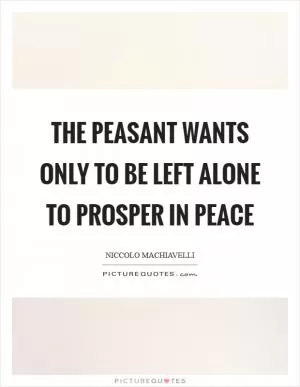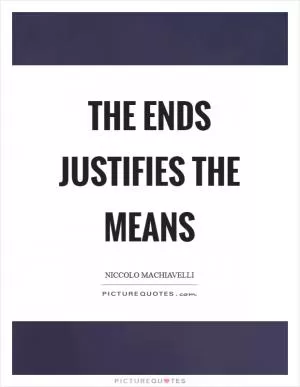Since love and fear can hardly exist together, if we must choose between them, it is far safer to be feared than loved

Since love and fear can hardly exist together, if we must choose between them, it is far safer to be feared than loved
Niccolò Machiavelli, a renowned Italian diplomat, philosopher, and writer, is often associated with his controversial views on power and leadership. One of his most famous quotes, “Since love and fear can hardly exist together, if we must choose between them, it is far safer to be feared than loved,” encapsulates his pragmatic approach to governance. Machiavelli believed that a ruler should prioritize maintaining control and authority over being liked by his subjects, as fear is a more effective tool for ensuring obedience and loyalty.In Machiavelli’s seminal work, “The Prince,” he delves into the intricacies of political power and offers advice to rulers on how to maintain their authority. He argues that a ruler should be willing to use any means necessary to achieve and retain power, even if it means resorting to fear and intimidation. Machiavelli believed that fear is a more reliable and sustainable method of control, as love is fickle and can easily turn to hatred. He famously stated, “Men are less hesitant about harming someone who makes himself loved than one who makes himself feared.”
Machiavelli’s assertion that it is safer to be feared than loved has sparked much debate and controversy over the centuries. Critics argue that ruling through fear can lead to resentment, rebellion, and ultimately, the downfall of a leader. However, Machiavelli believed that a ruler should strike a balance between being feared and loved, but if forced to choose between the two, fear is the more effective tool for maintaining power.












 Friendship Quotes
Friendship Quotes Love Quotes
Love Quotes Life Quotes
Life Quotes Funny Quotes
Funny Quotes Motivational Quotes
Motivational Quotes Inspirational Quotes
Inspirational Quotes